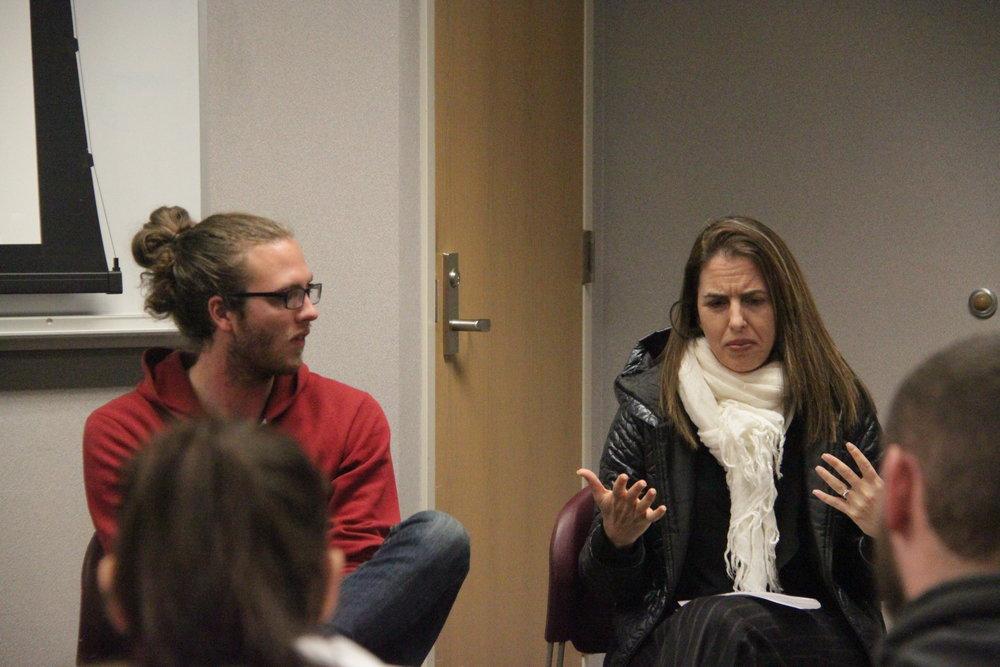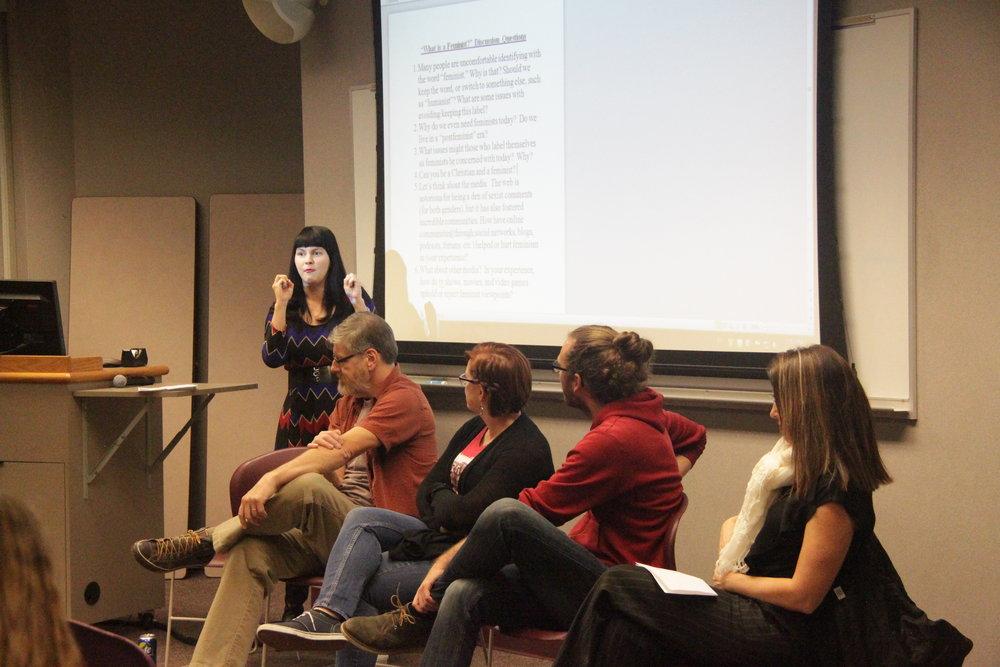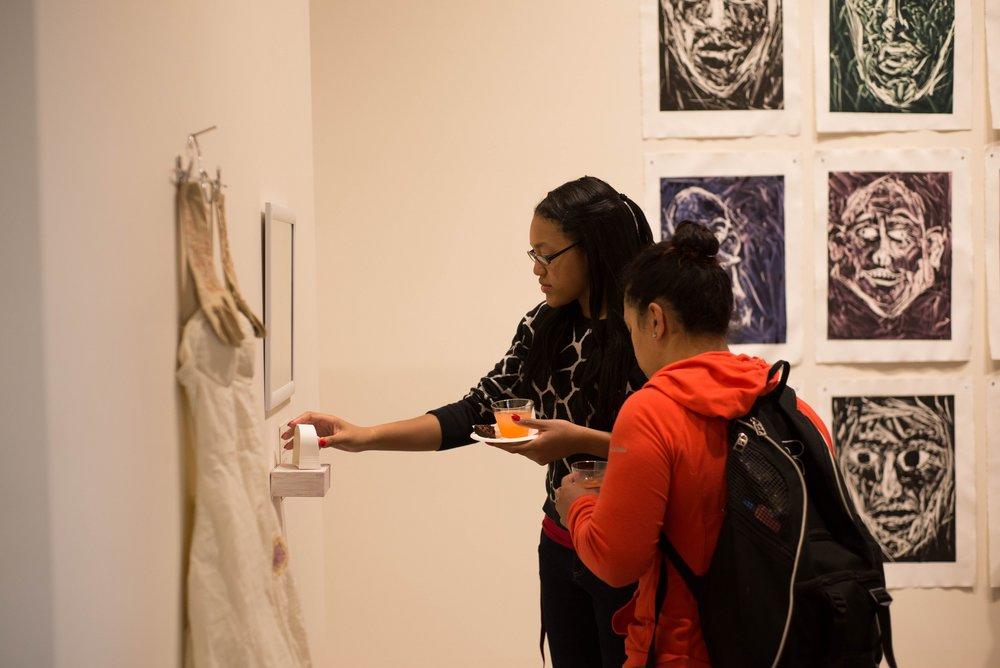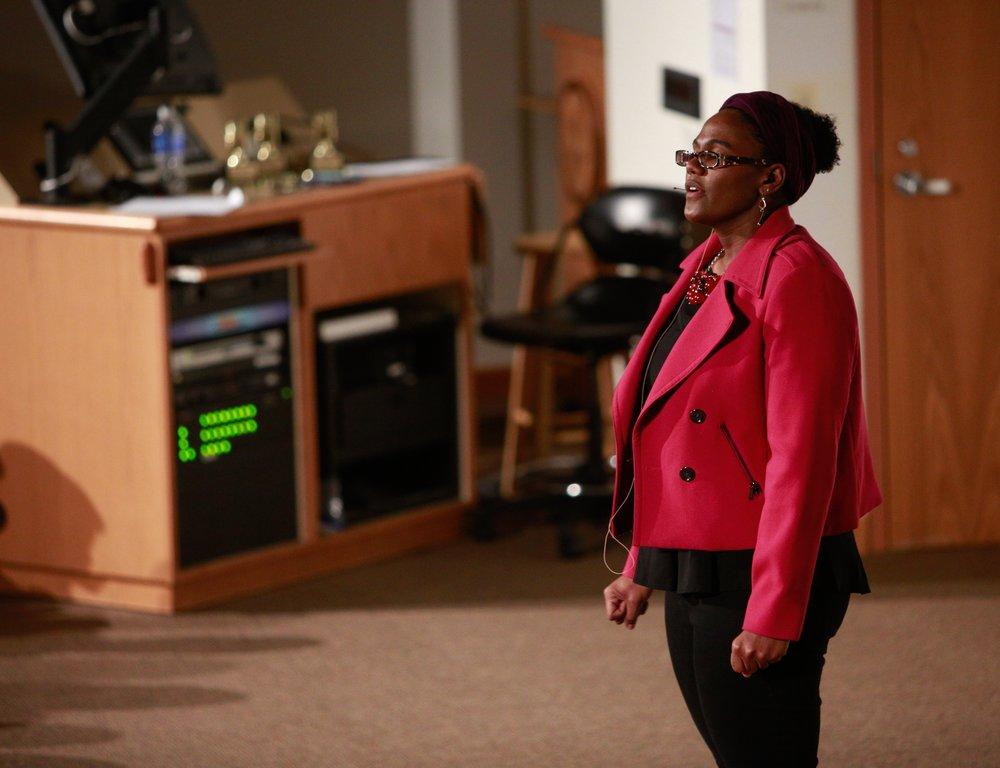If one uses the word feminist to describe themselves, it means they believe in equal rights for men and women, according to some students, faculty and staff at Whitworth.

The women and gender studies program held a discussion called “What is a feminist?” with a panel of students, faculty and staff who shared stories of what it meant to them to be a feminist.
English professor LuElla D’Amico, one of five panelists, began the discussion by talking about how she became a feminist.
D’Amico has considered herself a feminist since she was young, but was awoken to the real issues concerning feminism when she took a feminist theory class in college, she said.

“For me, feminism has become something very personal,” D’Amico said. She struggled with the issue of having to choose whether or not to take her husband’s last name when they got married. Some feminists argue about whether or not a woman taking a man’s last name in marriage is considered true equality. She decided to take her husband’s name, but everybody is different and feminism means something different for everyone, D’Amico said.
Junior Emily Thorpe considers herself a feminist. Feminism is about equal rights for men and women, she said. However, there are people who don’t actually know what it means to be a feminist and that has given the word a negative connotation and made some people not want to use that label, Thorpe said.
The other panelists, seniors John Hope and Kayla Countryman, campus pastor Mindy Smith and communication studies professor Jim McPherson shared personal stories on how they came to consider themselves feminists.
The panelists also took questions from individuals about feminism and what it means to be a feminist for those with different racial and ethnic identities, as well as questions on individuals who they considered to be their feminist role models.
The word feminist had a negative connotation in the past but it’s getting better. But, there’s a power balance that some are afraid of, Thorpe said.
“A lot of men are afraid of it because they think it’s about women becoming superior to men and being in a higher position, but that’s not what is,” Thorpe said.
Hope shared his story about growing up in a conservative household. He played sports and even though he was in these traditionally masculine positions, he still felt like he did not fit the masculine ideal. His sisters were encouraged to start a family and raise children while he was not, Hope said. After entering college he realized that being a feminist meant being able to make a choice whether or not to follow tradition, Hope said.
“It’s not about hating all these traditional things that we’ve inherited. It’s about being able to choose,” Hope said.
Sophomore Kyla Perkins said that she considers herself a feminist.
“When I hear feminism I think of equality, not just for women, but for everybody,” Perkins said.
Senior Stephanie Turner also considers herself a feminist and believes that a feminist is a person who believes in the empowerment of women.
“A lot of people see feminism as extreme protesters who riot,” Turner said. “That’s not what it is. It’s about empowerment. I think it’s getting better but there’s still that stigma. There’s still a negative connotation to call yourself a feminist.”
Sophomore Emily Wilson believes that feminism is about equal rights for men and women, but she’s hesitant to call herself a feminist, she said.
“I feel like I am and I believe everything feminists do but I don’t consider myself one,” Wilson said. “I wouldn’t go to a feminist rally just because I don’t fully know what it means to be a feminist.”
Feminism is something that’s personal not just for her, but for everybody, D’Amico said.
While feminism is supposed to include everybody, sometimes that is not the case, Countryman said. Intersectional feminism aims to include voices of those who feel marginalized but the fact that there was to be a distinction from these types of feminism is problematic, she said.
“I think it’s wonderful that we can recognize progress and celebrate progress,” D’Amico said. “But we haven’t made it and we need to constantly be questioning how far we can go.”
Contact Krystiana Morales at kmorales17@my.whitworth.edu









 Spokane?
Spokane?